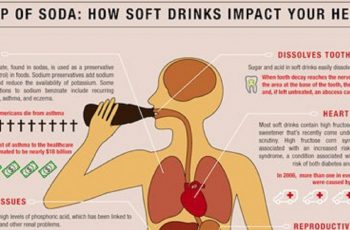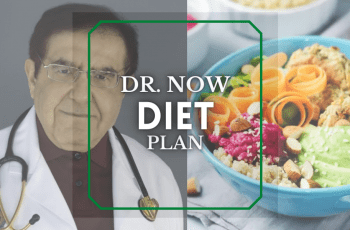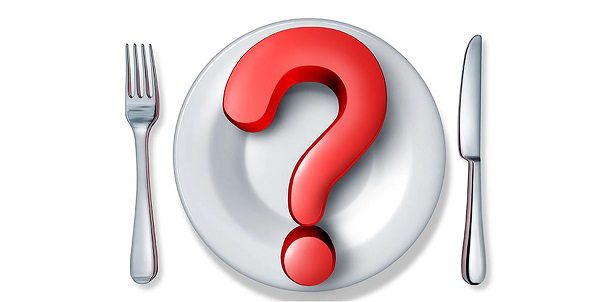
Are you losing interest in food? Or do you never feel hungry at all? If you’ve been asking yourself “why am I not hungry,” way too often, and if you’re concerned that your body is wasting away or you’re losing weight and feeling unhealthy, check for other symptoms to see if you have a medical problem. With the right care, you may be able to overcome the challenge and see those once familiar hunger pangs return, or at the very least, get the nutrition your body needs.
Here are some possible reasons and how to cope
Anxiety – Anxiety can cause you to lose your appetite. While some people actually feel like nibbling something to ease their anxiety or distract themselves, many lose their appetite. When anxious, people may also experience rapid breathing and heart palpitations. Anxiety disorders can be difficult to overcome, but there are ways you can support your mental health. The best way to manage anxiety and panic attacks is by getting help from a trained medical professional like a doctor or therapist that specializes in treating this condition.

Depression – When you are clinically depressed, your loss of appetite can be accompanied by feelings such as despair and sadness. You may feel tired all the time or even have suicidal thoughts. To deal with mental anxiety and depression, many people turn to exercise. Besides professional help by way of therapy or medications, exercising can ease some stress as well as lift your mood so you are more amenable to eating healthy foods. Plus, physical activity could also help with your appetite as your body will feel the need to replace lost calories.
Stress – The hormone cortisol normally controls not only the stress response but also helps to control appetite. In a study published by the American Psychological Association, researchers found that higher levels of cortisol can suppress appetite. This occurs because your body thinks it doesn’t need any more energy when you are stressed or anxious. To avoid living with stress, you could take up mindful meditation and exercise regularly to stay healthy. You should also spend some quality time with friends and family.

Oral Thrush – Candidiasis, a fungal infection of the mouth that can cause decreased appetite due to its other symptoms including loss of taste and an odd taste in your mouth. The cracks and burning sensation in the mouth may also make it physically painful to chew your food. To ensure you protect yourself against gum disease, make sure to practice good oral hygiene. This includes brushing your teeth twice a day and flossing regularly in addition to having regular dental check-ups every 6 months with an appointment at the dentist for cleanings as often as needed.
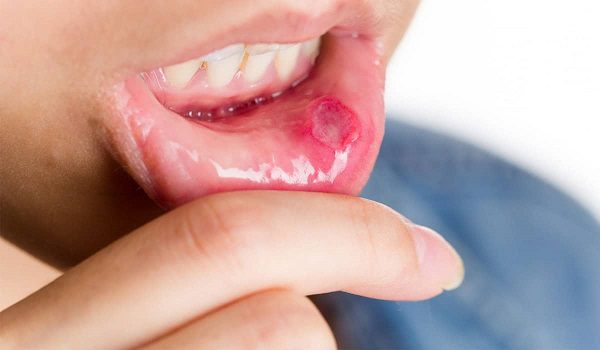
Anorexia – Eating disorder anorexia is marked by a loss of appetite. When you have trouble maintaining a healthy weight and lose the right amount of weight for your height, age, body type it may be an anorexia. Instead of calorie-restricted diets or limiting food intake, focus on increasing how much is eaten with slow increments each week to help regain lost pounds. The goal is to establish a regular eating pattern with three meals a day.

B12 Or Iron Deficiency Anemia – Not getting enough vitamin B12 can cause a loss of appetite. B12 deficiency anemia, a condition where your body has a low red blood cell count that may not always have very visible symptoms. However, loss of appetite accompanied by diarrhea or constipation along with pale skin, fatigue and shortness of breath are signs; issues with concentration and bleeding gums or swollen tongue too indicate the problem. Iron is an essential nutrient that our bodies need for oxygen transportation. If you are low in iron, a doctor may recommend taking B12 shots or supplements to help your body recover and improve symptoms such as fatigue. Ensure you have a balanced diet that includes plenty of poultry, dairy, shellfish, and eggs. Foods are rich in the nutrient.
Irritable Bowel Syndrome (IBS) – IBS causes intestinal problems like a change in bowel movements as well as abdominal pain. But what can also happen is that you lose your appetite due to the feeling of fullness, buildup of gas, and increased flatulence. The pain and other symptoms usually ease after each bowel movement. A few lifestyle changes can ease some of the symptoms. Exercise and get a good night’s sleep to ease anxiety and other symptoms. Reduce stimulants like cola, tea, or coffee that stimulate the intestines. Have smaller meals and consume more fiber.

Medication Side Effects – Certain medications may cause a loss of appetite. There are many types of prescription drugs that you may be taking, some of which include chemotherapy drugs to treat cancer and morphine to relieve pain. There are also a number of other prescribed medications such as antidepressants for mental health. In addition, if you use drugs like heroin, cocaine, or amphetamines like “speed,” you could end up killing your appetite as well. If you’re abusing street drugs, it’s important to quit for your long-term health. Get professional help if you need to.

Hypothyroidism – Is an overactive thyroid gland and a potentially dangerous condition that can affect a person’s overall health. Women are the most affected by hyperthyroidism. This condition can cause menstrual problems, insomnia, excessive menstruation, and weight loss among other symptoms like sweats too. Consult a professional if you have a combination of the symptoms mentioned above. Besides this, keep up with your medications and doctor’s appointments to manage the condition.
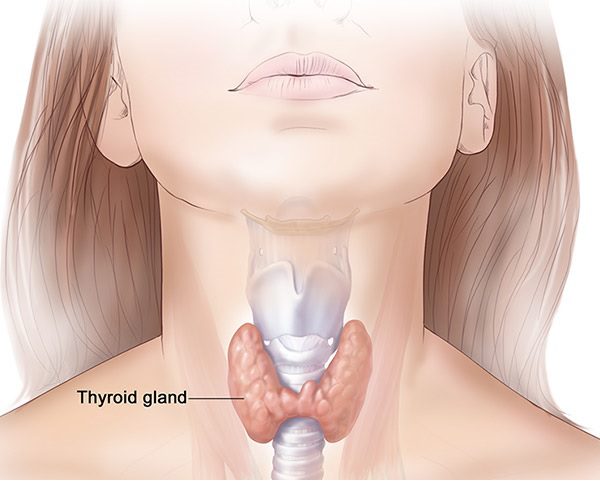
Cancer And Treatment Side Effects – A tumor may sometimes grow, interfering with feelings of hunger. Cancers of the ovaries, colon, stomach, or pancreas, may all cause a loss of appetite. According to the American Cancer Society, treatment side effects can also reduce appetite. It is important for cancer patients to maintain a healthy metabolism by eating several small meals throughout the day. And making sure that they are necessary, not pleasurable. To add calories to your food, try adding healthy fats such as coconut oil or olive oil. For example, you can make a strawberry banana smoothie with some coconut milk for added nutrients and fat in the form of extra calories.
HIV – Human immunodeficiency virus (HIV) can cause weight loss as a result of a loss of appetite. You could also lose your will to eat because of HIV wasting syndrome. You may need to eat high-calorie meals that are rich in protein to prevent all your muscle from wasting away. Include foods like cheeses, legumes, eggs, peanut butter, sauces, and even milkshakes, and instant breakfast drinks that go down easily in your meal plan. Also, try and do some strength-building exercises like gentle weight lifting or resistance training.
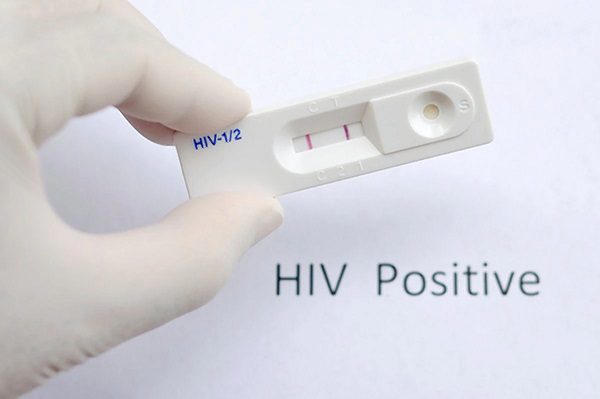
Liver Problems And Jaundice – Liver disease and early-stage liver failure are marked by a loss of appetite along with nausea, diarrhea, and fatigue. As the condition progresses, you may also find yourself feeling confused, disoriented, or very sleepy. Prompt and timely treatment is critical to prevent the chance of a coma or even death. If you have not caught the problem early when it was liver inflammation, which has no visible symptoms, or fibrosis that is marked by scarring of the liver, you may develop cirrhosis. This eventually leads to liver failure if left untreated. Symptoms of cirrhosis include easy bruising, easily bleeding, jaundiced yellow eyes and skin, water buildup in the abdomen and legs, toxic buildup, and itchy skin. Hepatitis and chronic liver disease are other liver problems that have similar effects on your appetite. If your liver problems are rooted in fatty liver disease or alcohol consumption, abstain from drinking alcohol for a few weeks. After that, only drink within recommended guidelines if you must. Those with alcoholic hepatitis or cirrhosis should give up alcohol for life, according to the National Health Service.
Chronic Obstructive Pulmonary Disease (COPD) – Chronic obstructive pulmonary disease, a term used to describe a range of progressive lung diseases like chronic bronchitis, some kinds of bronchiectasis, emphysema, and refractory asthma, can cause appetite loss in addition to breathlessness, tightness of the chest, wheezing, and frequent coughing. This anorexia develops as a result of inflammation as well as hormonal derangement. Those with the problem tend to consume fewer calories than they burn. Breathing becomes more of an effort and costs more oxygen. This is why those with COPD tend to have low body weight. Besides treatment for COPD, which may include medication as well as cutting out triggers of lung irritation (including smoking), increasing nutritional intake may help. Nutritional supplements along with pulmonary rehabilitation to improve breathing can also improve the condition.
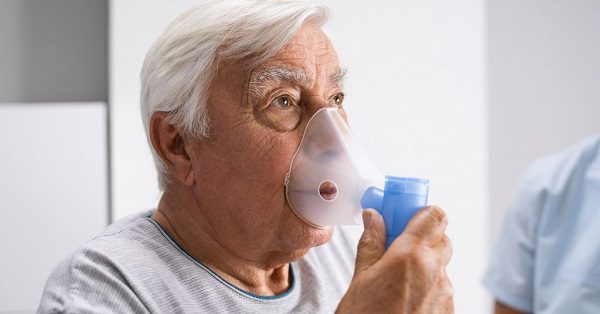
Heart Failure – Heart failure can cause eating and digestive symptoms like loss of appetite as well as constipation, nausea, and vomiting. Shortness of breath and fatigue also make it harder to get in enough food and nutrition. Besides the treatment for your heart problem, when it comes to food, a few small changes can make a world of difference. For instance, switch to multiple mini-meals instead of large meals. Pick things you enjoy eating. Have easy-to-digest and easy-to-have foods like soups or stews. When you’re eating, ensure you are in a room that is well-ventilated and keeps the windows open. Sit upright to help ease airflow.
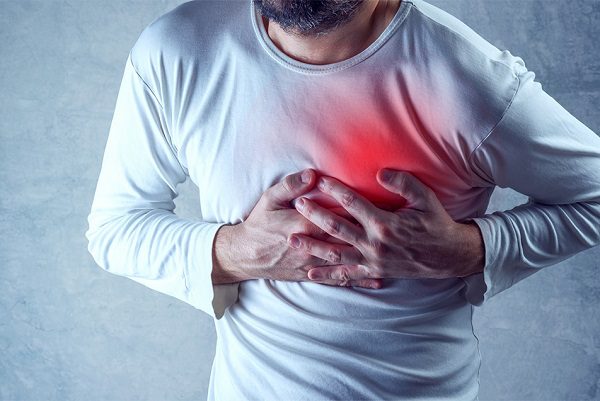
Pregnancy – We often talk about pregnancy cravings and the fact that pregnant women have to eat for two. But pregnancy can also put a dampener on your appetite. This could be due to morning sickness which leads to nausea and vomiting as well as an aversive reaction to certain foods and even low appetite. Besides this, coming down with a cold or the flu while pregnant can lower appetite. attle morning sickness by having small meals that consist of sweet potatoes, organic radishes, ginger, raspberries, blueberries, pineapples, or even greek yogurt. Research has also found that kale or seaweed chips, dry scrambled eggs, smoothies, and fresh juices can ease the queasiness.

Migraine – If you suffer from migraines, your headache might bring with it a loss of appetite. You might also experience nausea and vomiting during an attack, which could last for 4–12 hours. Your appetite should go back to normal once your migraine has subsided. But if you’ve noticed a significant dip in your appetite in general, do consult a professional. Although not all migraine attacks can be prevented, you could avoid common triggers such as bright lights, loud music, lack of sleep, excessive travel, and fermented, pickled, MSG-laden foods and drinks. In addition to this, work on relieving stress, another major trigger, by trying yoga, acupuncture, massage. Be sure to exercise regularly as well. You could also try medications but be sure not to overload on pain-relieving pills since that might trigger a migraine as well.
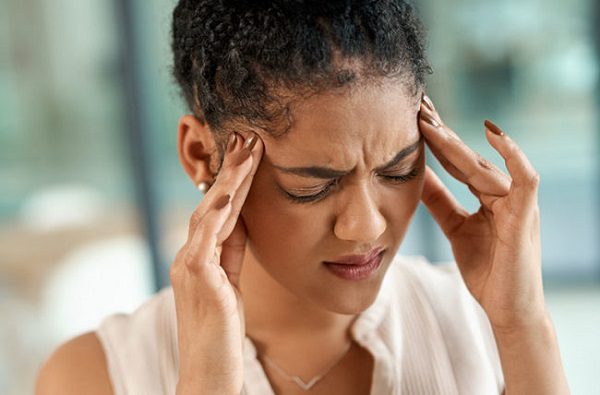
Alzheimer’s Disease – Having dementia or Alzheimer’s disease can also cause trouble for your weight and appetite. Ensuring meals are consumed regularly and with the right balance of nutrients is often a challenge. The decline in cognitive function caused problems like feeling overwhelmed when too many food options are available. Some may forget to eat altogether. Unfortunately, not getting enough nutrition could worsen the condition. Get the help of a family member or caregiver to plan or help with meals and, if possible, eat together. Work out a menu plan with different foods and plenty of fresh produce, lean protein, and low-fat dairy. Cut down on food high in saturated fat or cholesterol, lard, and fatty meat. Avoid refined sugars and processed foods and cut salt intake. However, in later stages of Alzheimer’s, having sugar is known to help stimulate the appetite. Opt for fruits and fruit juices to satisfy your sweet tooth.
Viral Infections – If you’re feeling under the weather, there’s a good chance that a virus is behind your low appetite. In fact, loss of appetite occurs 1–3 days after you’ve been hit by the flu or a cold. Besides this, viral hepatitis (types A, B, and C) leads to loss of appetite as well. Here’s how you can differentiate between the 3 types, based on the symptoms that will accompany your lack of hunger.
- Type A: Transmitted through food or water that is contaminated with feces, this condition causes fever, tiredness, nausea, abdominal discomfort, and diarrhea, followed by jaundice in a few days.
- Type B: Transmitted via contaminated blood or bodily fluids (often through unprotected vaginal and anal sex, exposure to infected blood via cuts and wounds, or sharing unsterilized needles and personal hygiene products) this condition causes, abdominal discomfort, nausea, and vomiting. Sometimes you might also experience joint pain and rash. Like hepatitis type A, type B also progresses to jaundice.
- Type C: Transmitted through infected blood or blood products due to unsterilized injections and needles, this condition causes fatigue, abdominal discomfort, nausea, and vomiting, sometimes progressing to jaundice.
Apart from ensuring that you avoid the transmission of any of these conditions by maintaining your hygiene, all you have to do is wait until you feel better. Your appetite will go back to normal as you do. Be sure to load up on soups and veggies to fuel your body with optimum nutrition while healing.


